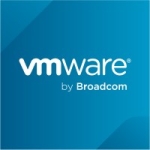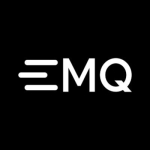This product has helped integrate between applications, reduce rework, and costs by reusing working components of existing applications, such as mainframe applications.
At Citibank, for example, they could utilize the already working components in the legacy system and integrate them with web, mobile, and tablet-based applications, instead of developing three separate applications in each of these technologies. This tremendously reduced efforts, costs, errors, and timeline.
Many customers are gravitating towards open source products such as RabbitMQ, or going for a web-based package.
Also, the level of training as well as product marketing for this product are not that great. You rarely find a good training institute that provides training. Many of the architects in several organization are neither aware of the product nor interested in using it. IBM should provide good training on products like this to me and other candidates and post us to the US or UK where we can provide excellent support to the clients using the product.
More than five years.
Level of support with IBM WebSphere products, including IBM WebSphere Commerce server, IBM WebSphere Portal server, and IBM Websphere Integration server is fantastic.
For clients such as Target, IBM provided excellent support for IBM CICS Web Services, as well as IBM WebSphere Integration server, by having a dedicated IBM team in the USA that provided support.
Setup has to be done by the team from IBM. Client just needs to enjoy the excellent support.
Pricing could be better, as with all IBM products. But their performance in production, along with security and scalability, will pay returns in the long run.
There are other products available, such as TIBCO ESB, and we have many
clients who are using that.
Middleware family of products such as WebSphere MQ, MB, TIBCO ESB, IBM ESB, and MuleSoft ESB offer excellent choices in architecture and re-engineering of software architecture, and should be the first choice, instead of building from scratch. If anyone recommends rebuilding from scratch, such an architect should not be working for your organization.
IBM needs to protect its products, as well as the engineers and architects who recommend those products.
















It seems this review is for WebsphereAS and not WebsphereMQ. Liberty is not MQ and I do not think MQ can be installed with Installation Manager. I have always used install or rpm or Windows installer to install MQ.